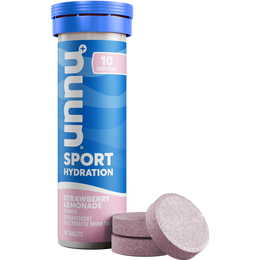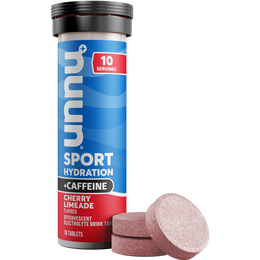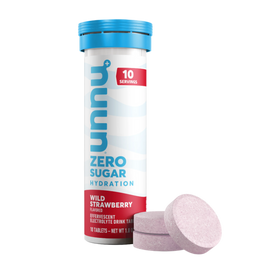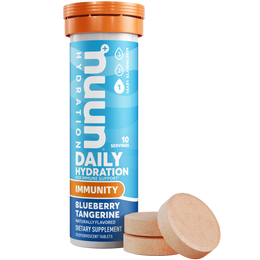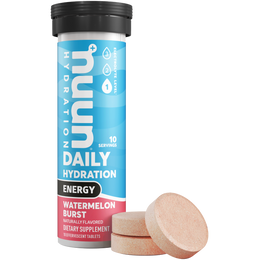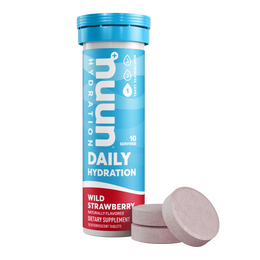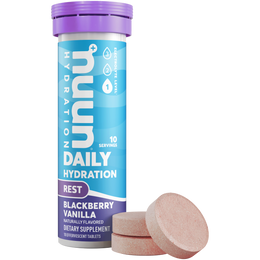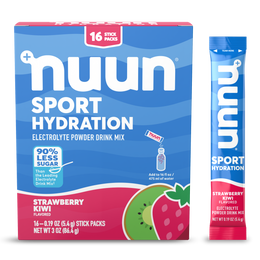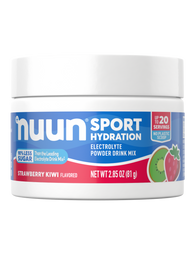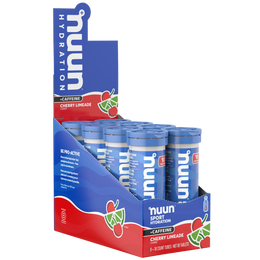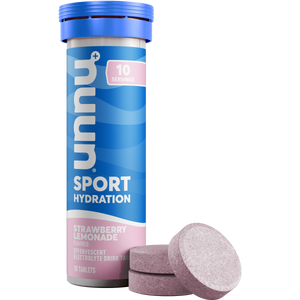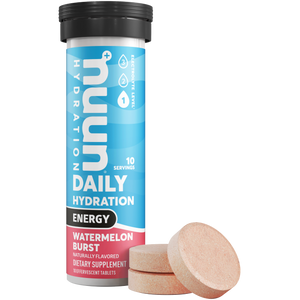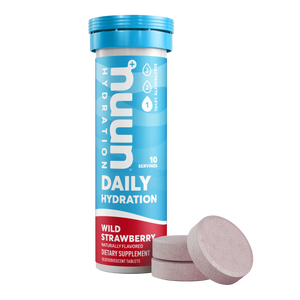Electrolytes are minerals that carry an electric charge and play a crucial role in maintaining various bodily functions, including muscle contractions, nerve signaling, hydration, and pH balance. Key electrolytes include sodium, potassium, calcium, magnesium, chloride, bicarbonate, and phosphate.i When the levels of these minerals are out of whack, you’re experiencing electrolyte imbalance—but what does that actually mean? Understanding electrolyte imbalance is vital as it helps in recognizing the importance of maintaining the right levels of these essential minerals in your body.
What is Electrolyte Imbalance?
Electrolyte imbalance refers to the condition where the levels of electrolytes in your body are either too high (“hyper-“) or too low (“hypo-“). This imbalance can disrupt normal bodily functions and lead to a variety of symptoms. Common types of electrolyte imbalances include:i
- Hypernatremia: High sodium levels.
- Hyponatremia: Low sodium levels.
- Hyperkalemia: High potassium levels.
- Hypokalemia: Low potassium levels.
- Hypercalcemia: High calcium levels.
- Hypocalcemia: Low calcium levels.
Common causes of electrolyte imbalance include dehydration, excessive sweatingii, certain medications, chronic illnessesiii, and poor diet. Symptoms may range from mild (muscle cramps, fatigue) to severe (irregular heartbeat, confusion, seizures)iv,v
Comparing Electrolyte Imbalance and Electrolyte Deficiency
While both electrolyte imbalance and deficiency can affect your health, they are distinct conditions. Electrolyte imbalance involves an overall disruption in the levels of various electrolytes, while electrolyte deficiency refers to the lack of specific electrolytes. For example, a deficiency in potassium can lead to hypokalemia, whereas an imbalance might involve both high sodium and low potassium levels. Distinguishing between the two is crucial for treatment because the approach to correcting a deficiency may differ from that needed to restore balance.
How to Identify Electrolyte Imbalance
Recognizing the signs of an electrolyte imbalance is essential for timely intervention. Symptoms to watch out for include:
- Muscle cramps or spasms
- Fatigue or weakness
- Nausea or vomiting
- Confusion or irritability
- Irregular heartbeat
If you experience severe symptoms, such as seizures or an irregular heartbeat, it is important to seek medical advice promptly. A healthcare provider can perform blood tests to determine your electrolyte levels and recommend appropriate treatment.
How Can I Balance My Electrolytes?
Maintaining electrolyte balance is essential for optimal health. Here are some tips on how to optimize electrolyte balance:
- Hydration: Drink plenty of fluids, especially water. During intense exercise or hot weather, consider beverages with added electrolytes.
- Diet: Consume a balanced diet rich in electrolyte-containing foods. Fruits like bananas and oranges, vegetables like spinach and sweet potatoes, and dairy products are excellent sources.
- Electrolyte Products: Add electrolytes like Nuun to your water to help replenish electrolytes lost in sweat.
They say that an ounce of prevention is worth a pound of cure, so aim to stop electrolyte imbalance before it starts. Monitoring and adjusting your electrolyte intake can be a proactive strategy.
Electrolyte balance is crucial for overall health and well-being. By understanding what electrolyte imbalance is, recognizing its symptoms, and knowing how to manage it through diet, hydration, and electrolyte products like Nuun, you can take proactive steps to maintain your health. Stay hydrated, eat a balanced diet, and consider Nuun products to support your electrolyte needs and live life more hydrated.
References:
[i] Fluid and Electrolyte Balance: MedlinePlus
[ii] Exercise-Associated Hyponatremia: 2017 Update - PMC (nih.gov)
[iv] Neurologic manifestations of electrolyte disturbances - PubMed (nih.gov)
[v] Cardiac Consequences Of Electrolyte Imbalance - PMC (nih.gov)
